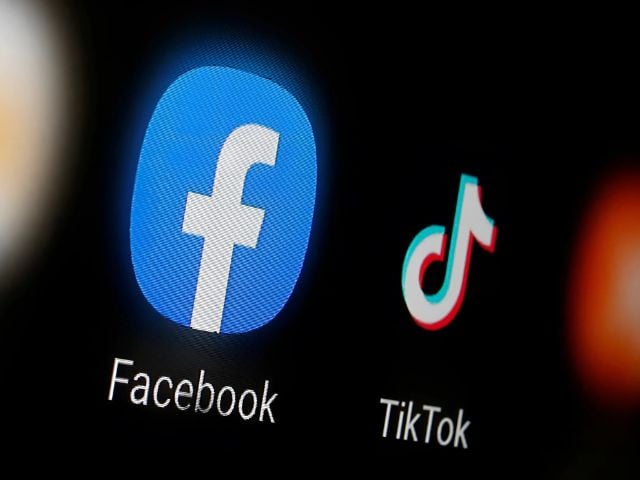
The White Mountain Apache Tribe has filed a lawsuit against major social media companies, including Facebook, Instagram, TikTok, and YouTube, accusing them of exacerbating mental health issues among the tribe's youth.
The lawsuit, lodged in the US District Court for the Northern District of California, seeks to hold these platforms accountable for their harmful impact on young users.
The tribe claims that the addictive nature of these platforms has contributed to a surge in anxiety, depression, eating disorders, and, most concerningly, suicide rates among their youth. According to the tribe, suicide rates among their teenagers are 3.5 to 4 times higher than the national average, with social media playing a significant role in these tragic outcomes.
In its complaint, the White Mountain Apache Tribe argues that social media companies have designed their platforms to be addictive, employing algorithms that encourage prolonged use and engagement, especially among vulnerable teens. These features, such as personalised feeds and notifications, keep users constantly hooked, exacerbating mental health struggles.
The tribe’s leaders argue that these platforms are exploiting the psychological vulnerabilities of their youth for profit, prioritising engagement over user well-being. The lawsuit claims the companies knew the harm their designs were causing but chose to prioritise financial gain over the safety of young users.
“The effects of social media addiction have been felt significantly among the youth of the White Mountain Apache Tribe,” the tribe’s legal representatives stated. “Our underfunded health programmes have been pushed to their breaking points by this new crisis.”
This lawsuit is part of a larger wave of legal action against social media companies, with similar claims being pursued by other communities and families across the US The tribe’s complaint highlights not only the psychological damage caused by social media but also the strain it has placed on their limited healthcare resources, which are struggling to address the growing mental health crisis.
In addition to seeking compensatory and punitive damages, the tribe is pursuing claims under the Racketeer Influenced and Corrupt Organisations (RICO) Act, alleging fraud, negligence, and product liability.
As part of their efforts to combat the rising youth suicide rates, the White Mountain Apache Tribe has invested heavily in mental health programs, suicide prevention initiatives, and emergency services. The tribe has also partnered with the Johns Hopkins Center for Indigenous Health to develop the first tribally mandated suicide surveillance system in the US.
“This is about protecting our children and our community,” said Kasey Velasquez, Chairman of the White Mountain Apache Tribe. “We are holding these companies accountable for the harm they’ve inflicted on our youth and families.”
The tribe’s legal team hopes the lawsuit will lead to significant reform within the social media industry, particularly concerning the impact of their addictive features on young users. The case is expected to set an important legal precedent, especially with ongoing lawsuits against social media companies involving teen addiction.
The legal action comes at a time when US health officials, including Surgeon General Vivek H. Murthy, have raised alarms about the growing mental health crisis among young people, linking it directly to social media use.
Meanwhile, a report said social media giant TikTok plans to completely shut down its operations in the United States this Sunday if a ban ordered by legislators goes through as planned.
According to sources who spoke to The Information, the platform, which has over 170 million American users, will implement an immediate blackout rather than allowing existing users continued access as had been expected.
The apparent shutdown comes as TikTok faces a January 19 legislative deadline to sever ties with its Chinese parent company ByteDance or cease US operations.
1737028212-0/fizza-(40)1737028212-0-405x300.webp)
1737027932-0/paul-(1)1737027932-0-165x106.webp)


1737027589-0/fizza-(39)1737027589-0-165x106.webp)
1737028779-0/sidra--(100)1737028779-0-270x192.webp)
1737027357-0/sidra--(99)1737027357-0-270x192.webp)
1737026125-0/Tribune-N-(6)1737026125-0-270x192.webp)
1737025781-0/sidra--(98)1737025781-0-270x192.webp)

1737018675-0/sidra--(97)1737018675-0-270x192.webp)
1736984998-0/Trump-(5)1736984998-0-270x192.webp)


1736849836-0/sidra--(55)1736849836-0-270x192.webp)












COMMENTS
Comments are moderated and generally will be posted if they are on-topic and not abusive.
For more information, please see our Comments FAQ